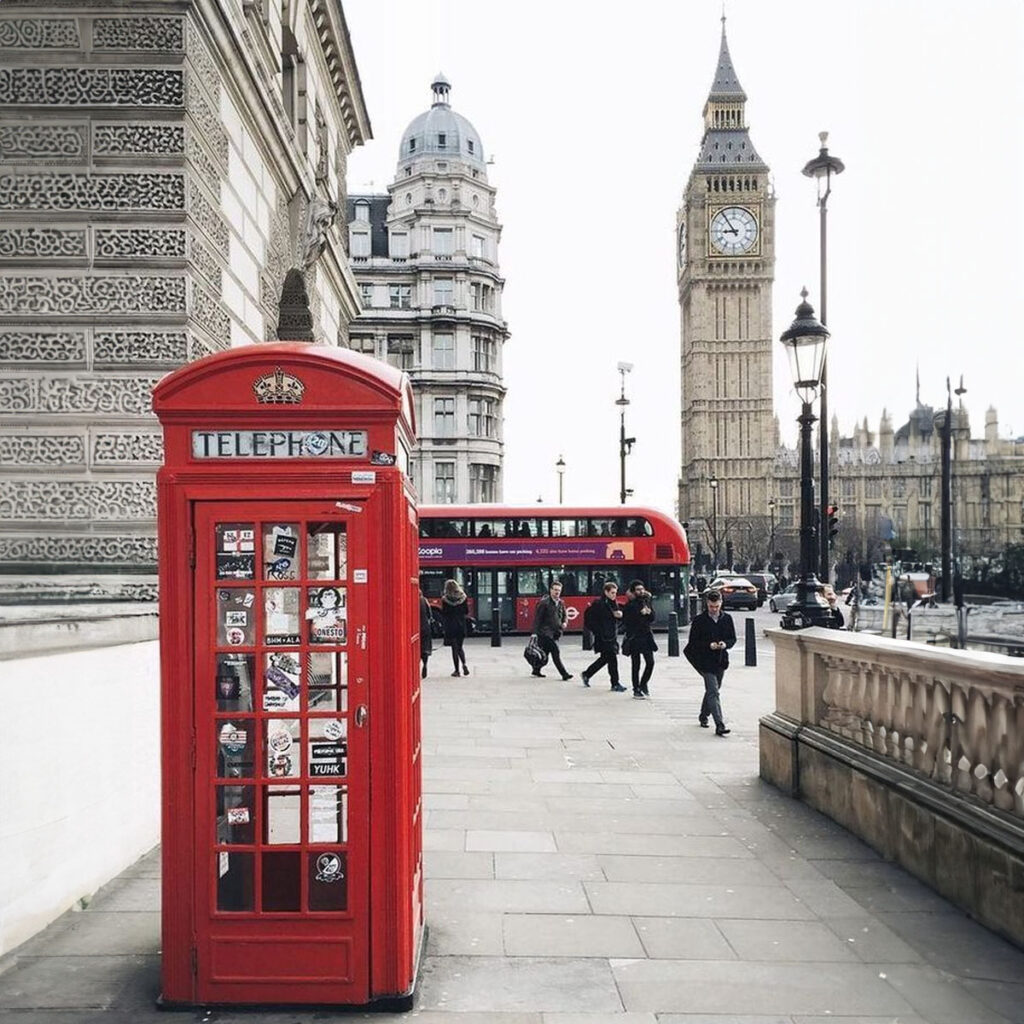The close connection between commodities trading and London’s economic and cultural identity has been key to the city’s development over centuries. This relationship has pushed London to a leading position in global finance and shaped its society, architecture, and international reputation. Trading in raw materials such as oil, gold, and coffee has driven London’s growth into a vibrant financial hub and cultural melting pot.
This introduction aims to explore:
- The historical origins of commodities trading in London
- The economic impact of commodity markets on the city
- Cultural significance and influence of commodities trading on London’s identity
- Future Outlook for Commodities Trading in London
Historical Origins of Commodities Trading in London
The inception of commodities trading in London can be traced back to the late 16th century, with the establishment of the Royal Exchange in 1565 by merchant Thomas Gresham. It was here that traders first gathered to deal in tangible goods ranging from spices to precious metals.
Over the years, London has seen an evolution in the range of traded commodities, culminating in today’s market where oil, gold, and coffee rank among the most traded commodities. This shift not only reflects changes in global economic priorities but also underscores London’s adaptability and influence in the dynamic landscape of international trade.
Economic Impact of Commodity Markets on London
The success of commodities trading has played an essential role in making London one of the world’s most influential financial centres. It has contributed significantly to the city’s GDP and employment, with thousands of jobs dependent on the trade of commodities. In addition, the high volume of transactions has brought substantial wealth to the city and stimulated other related industries such as transport and insurance.
Moreover, the presence of a robust commodities market has helped London maintain its position as a key global player in finance despite increasing competition from other financial hubs.
Cultural Significance and Influence of Commodities Trading on London’s Identity
Commodities trading has deeply influenced London’s economic landscape and cultural identity. The constant flow of luxury goods from around the world has made London a melting pot of cultures, cuisines, and languages, giving the city a vibrant and cosmopolitan vibe felt by locals and visitors. This diversity reflects London’s dynamic nature, showing its openness to global influences.
The excitement around commodities trading adds to London’s charm and energy, with traders worldwide bringing a global commerce vibe. Iconic institutions like the London Metal Exchange and the Baltic Exchange symbolize London’s key role in the global commodities market, highlighting its long history as an international trade and finance hub. The trading activities within these institutions impact the global economy and add drama and history to London’s financial district.
The success of commodities trading boosts London’s pride, confirming its status as a global trade and commerce hub. It highlights London’s role in global trade patterns and economic policies. The booming commodities market has also spurred the growth of related sectors like banking, insurance, and legal services, integrating commodities trading into the city’s economic framework.
In essence, commodities trading’s impact goes beyond economics; it’s a part of London’s cultural and social identity, shaping its global influence. London’s continued prominence in the commodities market underlines its adaptability and resilience, securing its place as a leading global city.


Future Outlook for Commodities Trading in London
Despite facing challenges such as regulatory changes and market volatility, London’s commodity markets are expected to continue thriving in the future. With ongoing investments in technology and infrastructure, as well as a favourable business environment, London is well-positioned to maintain its dominance in the global commodities market.
The city’s strong connections with emerging markets and its strategic location between Asia and the Americas also give it an advantage in attracting international traders. Additionally, advancements in sustainable and ethical trading practices are expected to further bolster London’s reputation as a responsible and trustworthy market for commodities trading.
Moreover, London’s diverse and highly skilled workforce, as well as its established legal and regulatory framework, provide a solid foundation for the continued growth of commodities trading in the city.
To Conclude
In conclusion, the pivotal role of commodities trading in shaping both London’s economy and its global stature cannot be overstated. Its considerable success underscores the city’s remarkable adaptability and resilience, further solidifying its status as a preeminent global metropolis. With continuous advancements and a supportive environment, the future of London’s commodity markets looks exceptionally bright, promising to play a significant role in the city’s economic expansion and cultural evolution.
By steadfastly embracing innovation and championing ethical trading practices, London is set to maintain its position as a leading center for commodities trading for the foreseeable future. Therefore, for anyone engaged in commodities trading, whether a seasoned veteran or a newcomer, London remains a city worthy of attention.

















